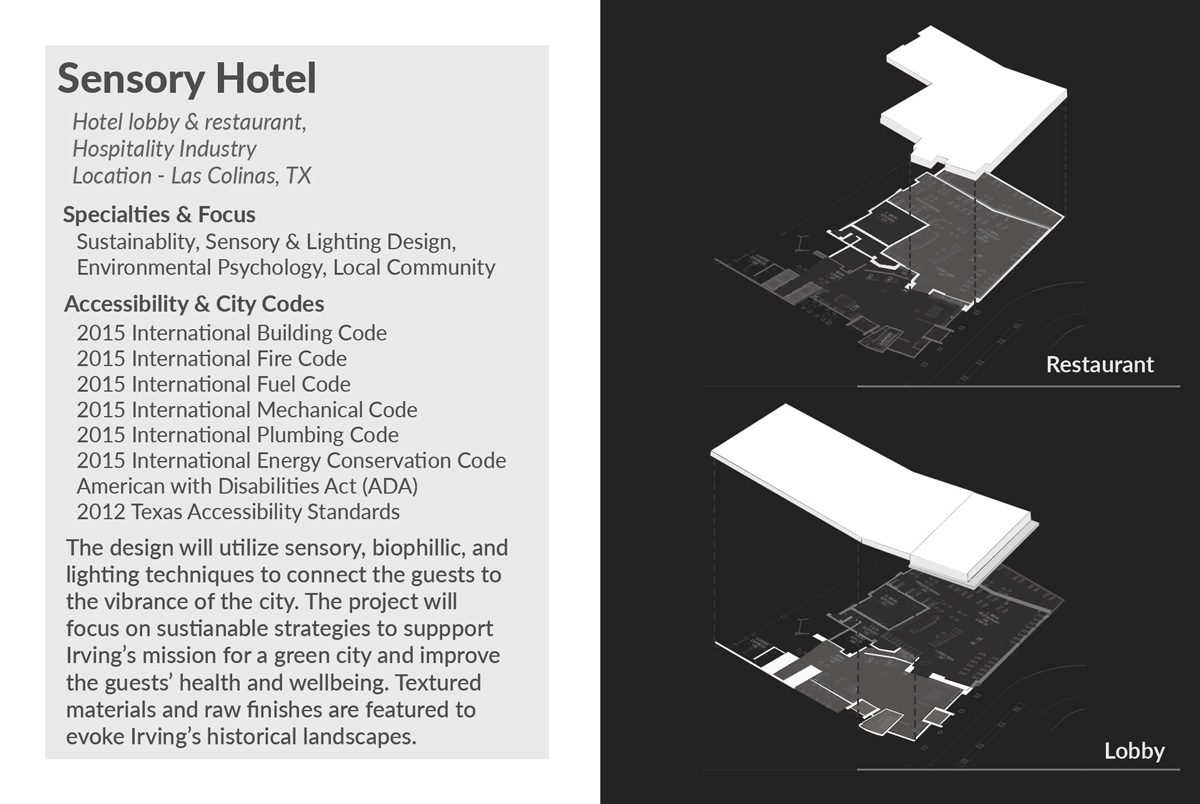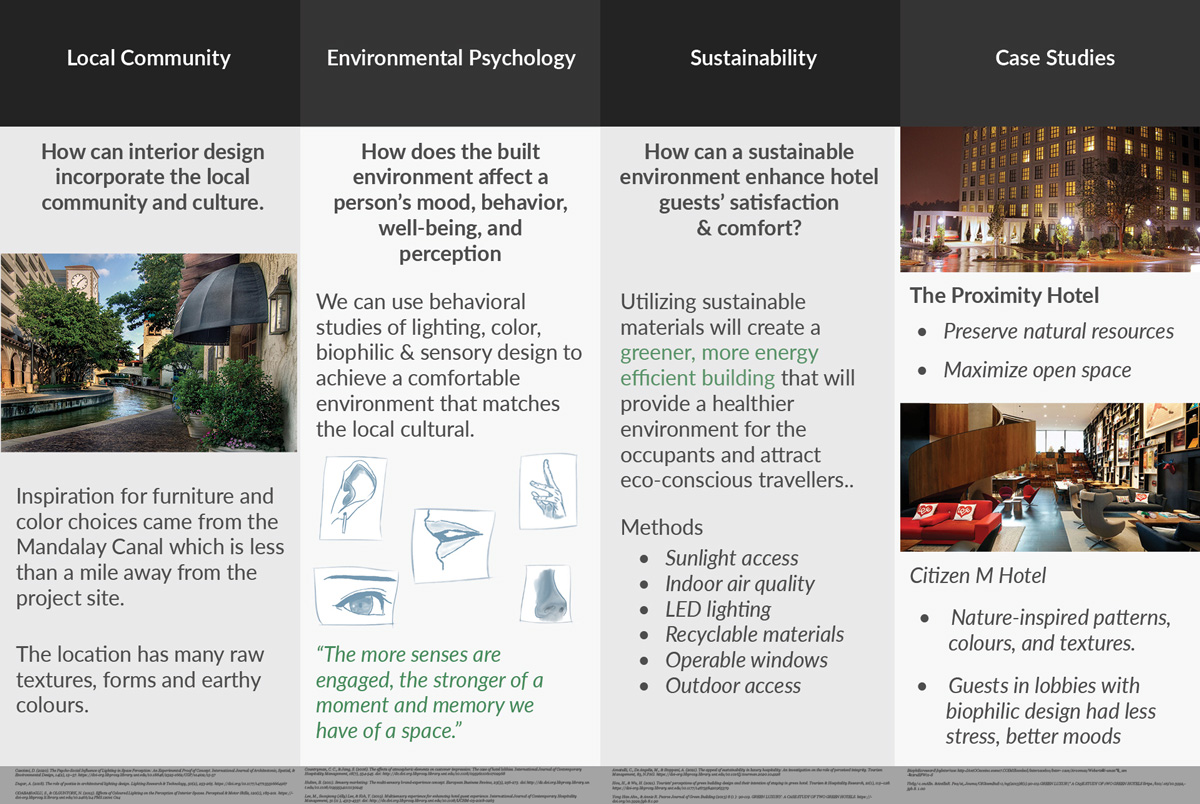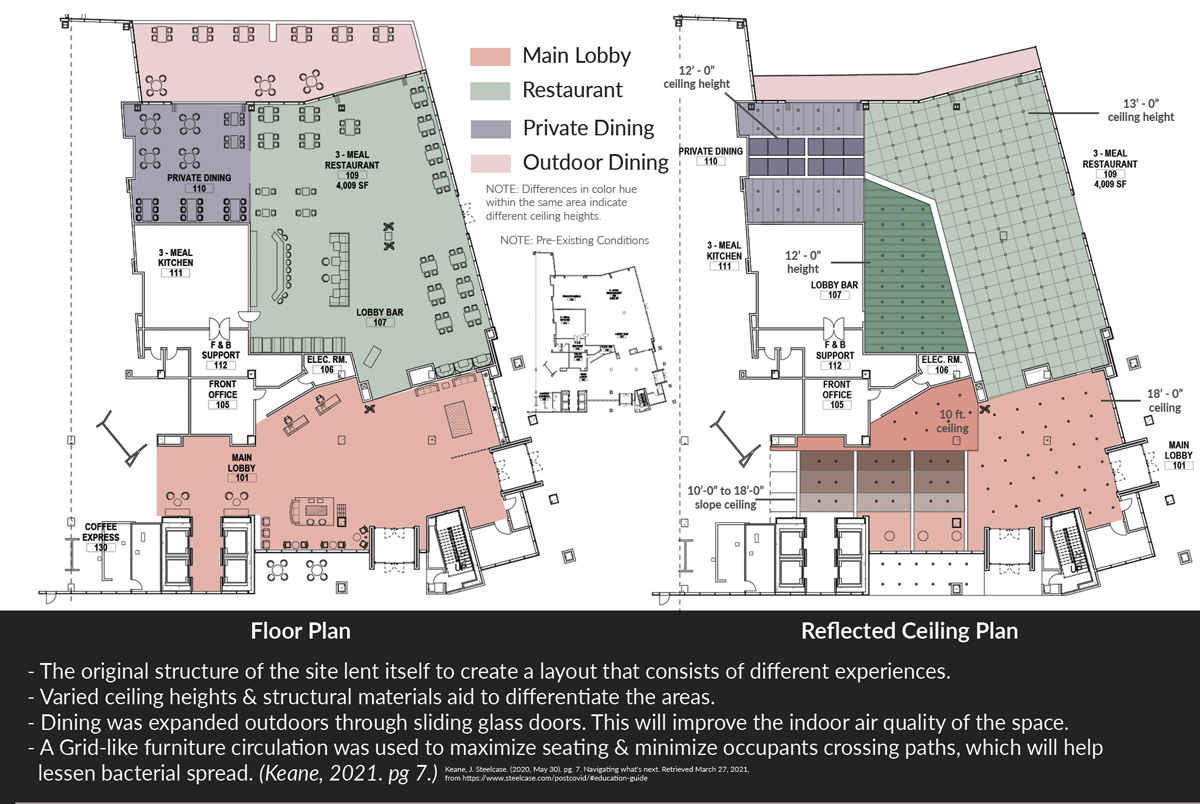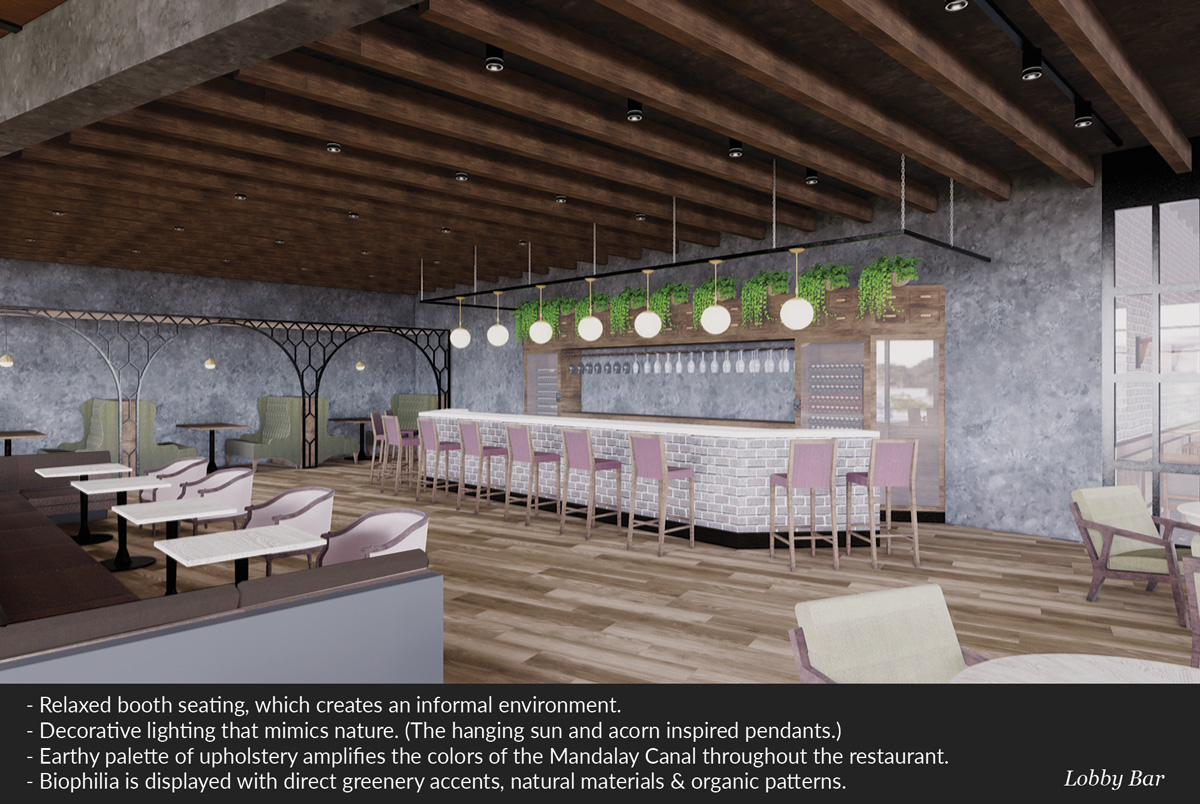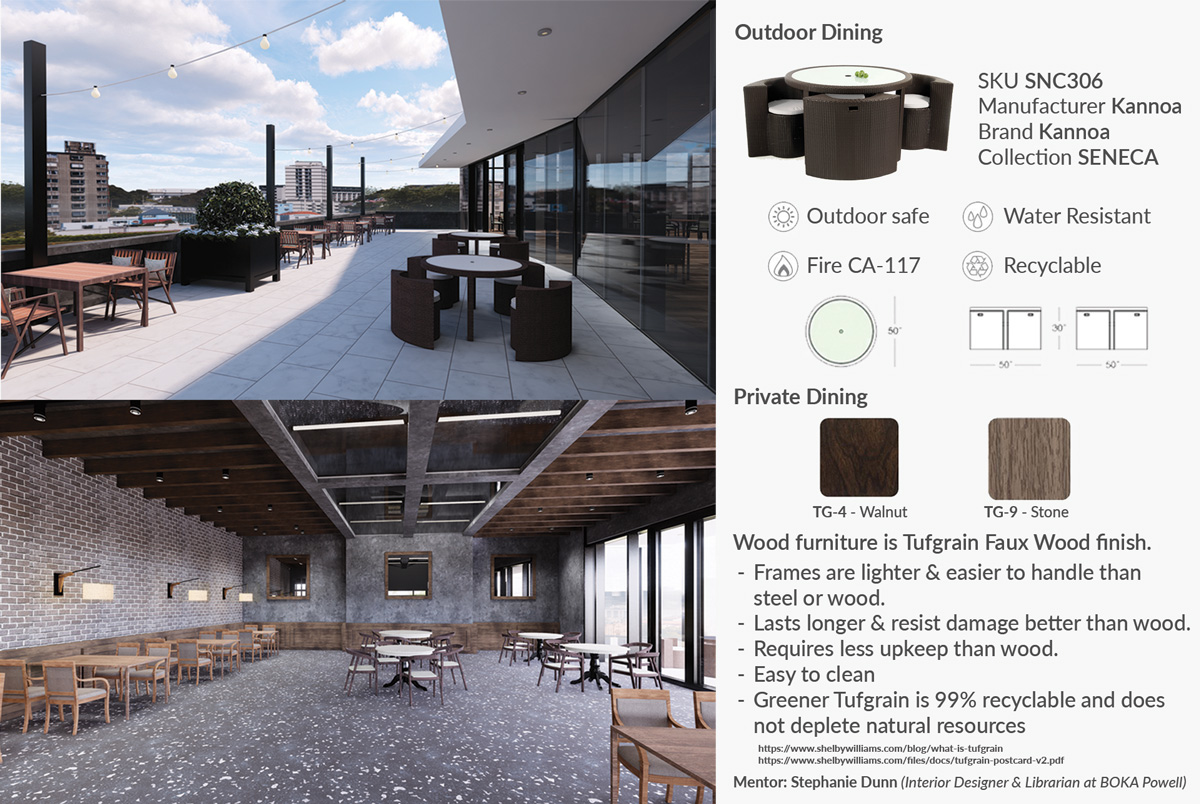Ulysses Rojas
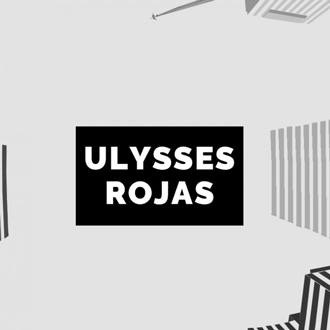
In high school I had to choose a field of study within STEM. Architecture interested me the most out of all the choices. While the education I gained was valuable it was solely driven by theory. It felt very restrictive and what I sought out of design was to experiment and be more expressive. I didn't connect with the type of architecture that I was taught. The words aesthetics and form were devalued and weren't allowed during presentation. This was difficult because I've always been driven by form, emotion, and integration of nature whenever I would draw and paint in my free time. As I was looking for colleges to enroll into, I found a ted talk by Interior Designer Rebekah Matheny who spoke about creating deeper connections with interior spaces through sensory experiences. As I listened to the video, I felt very connected to her message and knew what I wanted to study. As I toured UNT and inquired about the interior design program. It felt like the best opportunity to express how I thought about design. My goal is to capture small moments that we experience daily and design interior spaces that create positive emotions and memorable experiences.
What is your go-to phrase as a designer?
I believe that there's a misconception about interior design regarding developing a unique personal style during school. Bruce Lee's famous quote, “be like water.” can be interpreted as being adaptable to change. My application of his quote is to be fluid and not restrict myself to a style. During university the projects are not restricted by budget so, it's the best time to experiment. Once you follow a style, you become fixed into a set pattern and it becomes a repetitive design. As a result, you become very limited in what you can do. I see merit in my peers and professionals who are adaptable to change. In terms of long-term planning being able to adjust to change will provide more opportunities for success.

